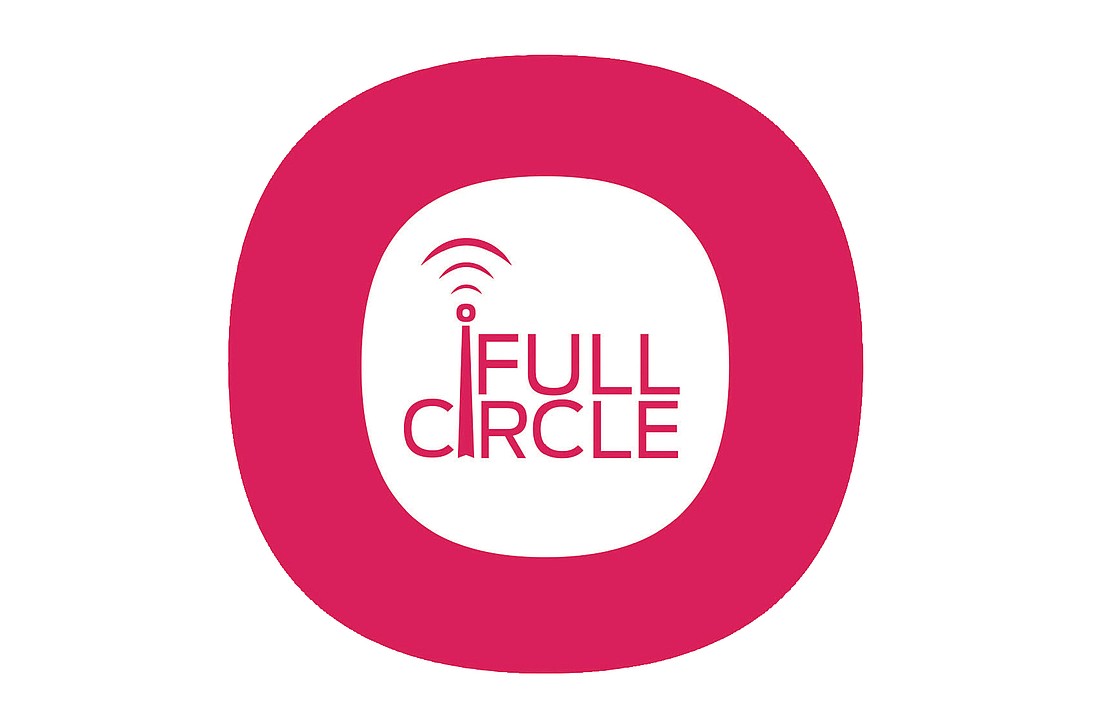- July 26, 2024
-
-
Loading

Loading

A couple of months back, the editorial staff here at the Observer was asked to “think outside of the box” and come back to the following week’s Thursday morning meeting with an idea.
Honestly, it didn’t take me longer than that day to figure out what I wanted to do: a podcast.
I’ve always had a thing for the spoken word — it’s humankind’s oldest form of storytelling — and often when my radio is turned on, I’m tuned into NPR, or if my phone is plugged in, I’m listening to some kind of podcast.
I had done some audio work when I was in grad school at Alabama, but since finishing that master’s degree in 2016, I hadn’t really acted on my desire to put out an audio series.
Until now.
So, with this idea in hand, the next step was figuring out what I wanted to talk about — which also, in turn, had to be something of interest to the good folks in our community. That’s when the idea hit me: Why not do a podcast on the 1920 Ocoee Massacre?
I’ve been covering the Ocoee City Commission meetings since about the time the COVID-19 pandemic swept in, so I was privy to what the city was up to in relation to this event. Honestly, it was through the commission meetings that I first learned about the massacre and that its 100-year anniversary was approaching.
“What better way to memorialize this tragic event while having an open conversation about things?” I thought to myself.
And with that, I came up with a multi-part idea — sort of like Serial or any other podcast that takes on an episodic life.
So, over the course of about a month or so, I took a deep dive into an event I knew so little about. I spoke with Pam Schwartz — the chief curator at the Orange County Regional History Center — who also took me on a tour of the museum’s special exhibit, “Yesterday, This was Home: The Ocoee Massacre of 1920,” and I was awestruck by what I learned.
There were details in the exhibit that were jarring — maybe none so as much as the letter from a Grand Master of the local chapter of the Ku Klux Klan, which threatened violence and promoted the notion that they would do whatever it took to maintain white supremacy.
That interview was followed up with talks with Ocoee Commissioner George Oliver and Human Relations Diversity Board Chair William Maxwell to get an idea about where the city is now, while I continued to dive into the research of folks such as Paul Ortiz -— a historian and professor at the University of Florida.
The research I had done culminated in a 5,000-word story that examined the lead-up, event itself and the aftermath of the massacre. The story also served as a foundation of the script for my podcast.
I’ve never done a full-fledged podcast, so this experience is a lot to take in, but it’s also an experience I’ve been wanting. I spent several hours just recording my own narration — which has been the most nerve-racking part. Hearing yourself on repeat is its own level of hell. Then, I spent several more hours editing, mixing and tweaking.
All that hard work has culminated into a nearly 23-minute-long opening episode that concentrates on the events leading up to the massacre itself. It’s available now, and I’m currently working on the second episode — which will be up at the end of this week — that includes Election Day 1920 and the following day. The final two episodes will focus on the lasting effects and what the city is doing now to deal with its past drama.
So, please, if you have some time to spare, check out this new realm of storytelling your local paper is exploring!